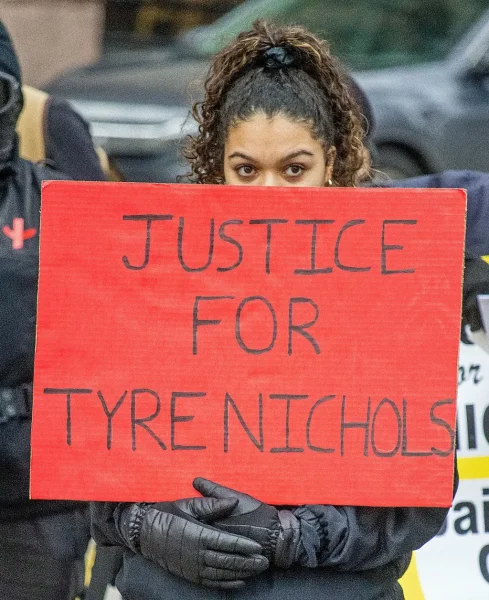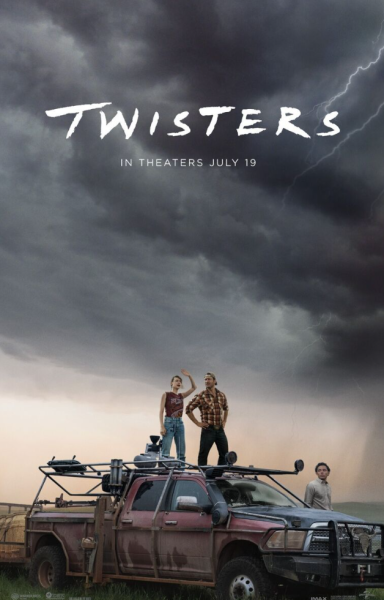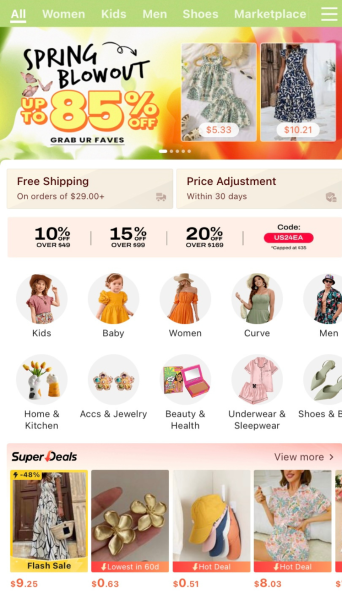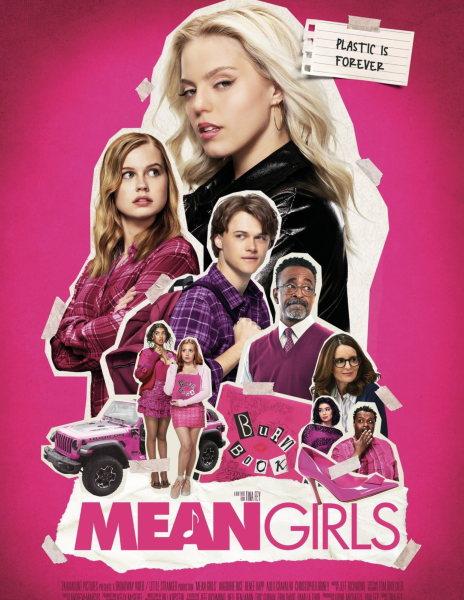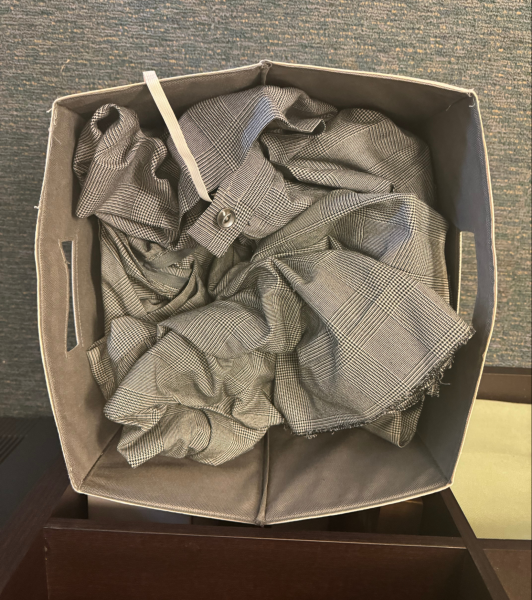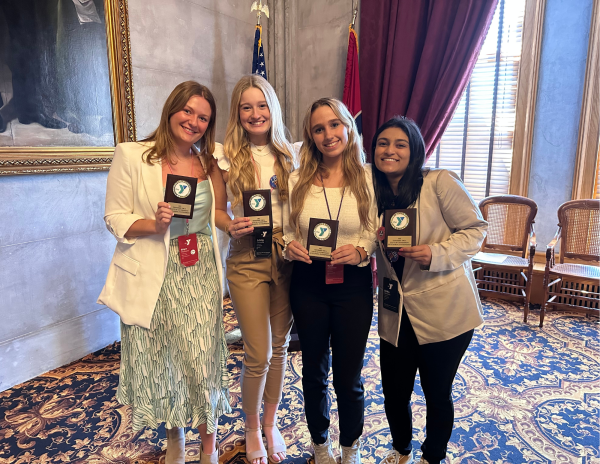No is a Complete Sentence
Sexual Assault Awareness month is in April, marking its 23rd anniversary. The month is used as a time to raise awareness on sexual assault, form a community for survivors, and advocate for change within communities to prevent future sexual violence. As April approaches, know that some may spend time reflecting on one’s own experiences with sexual violence, and that there could be difficult conversations on the topic all around. This can be overwhelming, as most are unaware what constitutes sexual assault, who to turn to for help, and how to report one. Many teenage girls and women have begun to view unconsented touch, comments, or images as common, even everyday occurrences, when in reality, are all versions of sexual harassment and assault. According to RAINN, “[f]emales ages 16-19 are 4 times more likely than the general population to be victims of rape, attempted rape, or sexual assault” and “1 in 9 girls, under the age of 18 experience sexual abuse or assault at the hands of an adult.”
If you are ever put in a situation that leaves you feeling uncomfortable and violated, there are resources and organizations available to you within the Memphis community. One in particular is the Memphis Area Women’s Council “a non-profit organization dedicated to changing local policies to improve women’s lives in health, education and economic self-sufficiency” (Memphis Area Women’s Council). In an interview with their Executive Director, Deborah Chubb provided more insight into their work and what they do for the community. The Council works to to help rebuild trust with police and their handling of sexual violence cases and rape kits. They also do outreach work and raise awareness by providing resources for survivors through events, presentations, and booths at concerts, schools, and health care events. During the interview, Chubb emphasized the importance of having open conversations about sexual assault, especially among young women. Chubb says” it is important for [young women] to understand what consent is, and that… anything done to you… that you are not agreeing to is sexual assault.”
Here are some examples of different forms of sexual assault and harrasment:
You’re at a dance, or a football game, and a guy inappropriately grabs you without your consent. This is sexual assault.
You open your phone and go to snapchat and open up a picture. It’s an unsolicited revealing picture that you did not consent to. This is sexual harassment.
A guy asks you to do something you’re not ready for, and you say no, but he won’t stop asking, leaving you to feel there is no option but to give in and do what he wants. This is a form of sexual assault, known as sexual coercion. Medical News Today states sexual coercion “is when a person pressures, tricks, threatens, or manipulates someone into having sex. It is a type of sexual assault because even if someone says yes, they are not giving their consent freely.”
You are walking down the street, and some random person catcalls you, making you feel uncomfortable and scared. This is sexual harassment.
It is important to recognize that it is neither necessary nor expected for victimes to share their stories; although, it is also important that victims’ stories are not judged or minimized. Chubb states, “[Some] will want to say you didn’t say no or you didn’t run away or you didn’t scream, if you didn’t say yes then it is not ok.” It is important that survivors can find a community, or at least a person that they can turn to for help and support. Chubb highlights that if you need someone or someplace to turn to the Rape Crisis Center which “provides counseling with specially trained counselors, advocates that can help [victims] navigate through the court process if [they want] to prosecute.”
There are many women affected by sexual assault in may different forms. Having open and honest conversations about heavy topics, such as sexual violence, is extremeley important so that we cannot only learn from others perspectives and stories, but also be better prepared to be powerful women who can protect and advocate for ourselves in the real world. If you need help or someone to turn to, you can reach out to the Memphis Area Women’s Council by calling (901) 378-3866.




